A Quiet Space: Utopia of Faith – Reimagining Spiritual Architecture in Urban Winchester
Where Mindfulness Meets Masterplan
For Zoe Mould, a First-Class BA (Hons) Architecture graduate from the University of Portsmouth, the city is not just a collection of buildings, but a living organism that pulses with the aspirations, struggles, and spiritual needs of its inhabitants. Fresh from her placement at HNW Architects in Chichester, and currently deepening her expertise through a certification in Japanese Architectural Design, Mould presents “A Quiet Space; Utopia of Faith”—a project that carves out much-needed sanctuaries for self-care, socialisation, and spirituality in the historic city of Winchester.
In a time where the demands of modern life increasingly fragment our attention and thin our sense of belonging, Mould’s architectural response delivers a nuanced, sustainable, and socially-oriented urban space. This project, which deftly blurs the lines between private retreat and communal experience, demonstrates just why Mould is an emerging thinker to watch—and why she’s currently seeking a Part 1 Architectural Assistant position to continue chasing such visionary work.
A City’s Modern Values Reimagined
Winchester, with its storied history and vibrant present, provides a rich backdrop for this meditation on contemporary community values. “A Quiet Space; Utopia of Faith” is not merely an abstract concept—it emerges from a deep engagement with the psychological and practical needs of Winchester’s diverse population.
Mould grounds her intervention in three pillars: self-care, socialisation, and spirituality. These guiding themes are deftly expressed both in the structure and function of the proposed development. The site integrates private cohousing units with flexible, private/public meditative studios, creating a porous threshold where personal introspection flows seamlessly into shared rituals and gatherings.
In stark contrast to the mechanical repetition of typical residential blocks, Mould’s design hinges on spatial generosity and sensory calm. The massing subtly encourages both retreat and encounter, with staggered units and layered landscaping designed to foster micro-communities while ensuring moments of solitude and reflection.
Sustainability in Spirit and Structure
Rooted in Zoe’s passion for sustainable architecture, the project foregrounds environmental responsibility at every turn. Locally sourced natural materials—timber, rammed earth, and green roofs—form the backbone of the proposal, ensuring thermal efficiency and a minimal carbon footprint. These choices are not add-ons but inherent to the project’s ethos: to create spaces that nurture both human well-being and ecological balance.
Passive design principles are championed throughout. Natural ventilation, abundant daylight, and courtyards rich with indigenous planting weave biophilic connections into the daily lives of residents and visitors. Water-sensitive urban design underpins the landscape strategies, offering rain gardens and reflecting pools that not only regulate drainage but add to the meditative atmosphere of the precinct. In a nod to Japanese sensibilities—reflecting Mould’s current studies—the spaces reveal a measured minimalism, eschewing ornament for quiet harmony.
Blurring Boundaries: Private Cohousing and Meditative Studios
At the heart of “A Quiet Space; Utopia of Faith” lies a tension and a synergy: the need for private havens and the hunger for authentic community. Mould’s response is the careful choreography of cohousing—spaces where residents retain individual autonomy while participating in shared amenities and experiences.
Each living unit is designed with adaptable spaces, whether for silent contemplation, collaborative meals, or informal music evenings. Adjacent, a series of meditative studios float between private and public realms. These studios range from intimate nooks for a single practitioner to larger, flexible halls for guided mindfulness sessions or faith-based gatherings. Transparency and layering—be it through glazed partitions or planting—allow glimpses between spaces, inviting curiosity but respecting the sanctity of each moment.
Socialisation is encouraged not through forced interaction, but through the invitation of beautiful, functional shared spaces: communal kitchens spilling into herb gardens, a library cocooned in timber slats, and external terraces overlooking peaceful water features.
Recognition and Forward Momentum
Mould’s project stands out for its deft integration of urban and personal scales, reflecting a keen awareness of both theoretical complexity and practical implementation. Her aptitude has already been recognised at Portsmouth, graduating with first-class honours and earning praise during her time with HNW Architects.
Such a portfolio positions Mould as an exemplary candidate for practices seeking young professionals who can marry strong conceptual thinking with a grounded understanding of sustainable design. Her commitment to continuous professional development—currently undertaking Japanese Architectural Design certification—underscores a rare dedication to cross-cultural and context-sensitive solution-making.
Connect with Zoe Mould
For those inspired by Zoe’s sensitive, community-driven approach or curious about her expanding expertise in international design paradigms, connection is just an email or click away. Professionals and collaborators are welcome to reach out to Zoe Mould via LinkedIn or by emailing zmould11@gmail.com.
In “A Quiet Space; Utopia of Faith,” Zoe Mould has crafted more than a sanctuary; she has provided a blueprint for spiritual resilience and community-oriented urbanism fit for contemporary cities. As she seeks the next chapter in her career, one suspects Mould’s journey of architectural exploration is only just beginning.


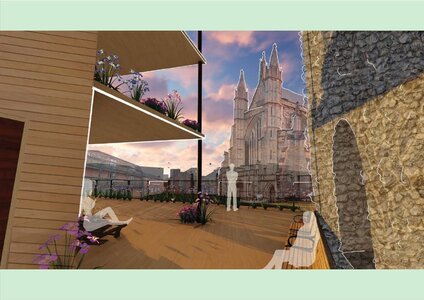
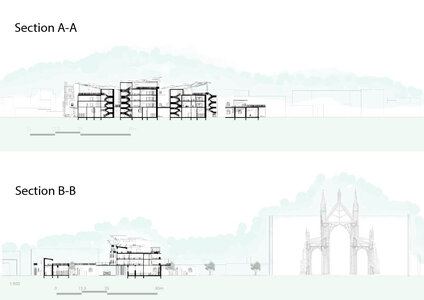
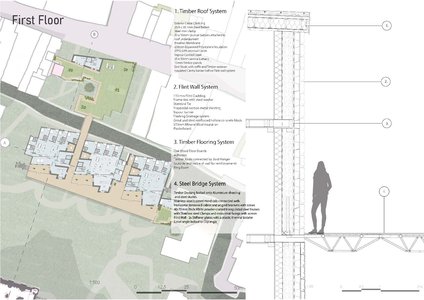
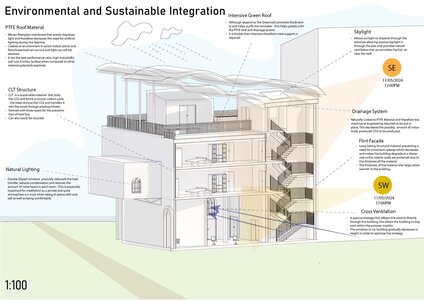


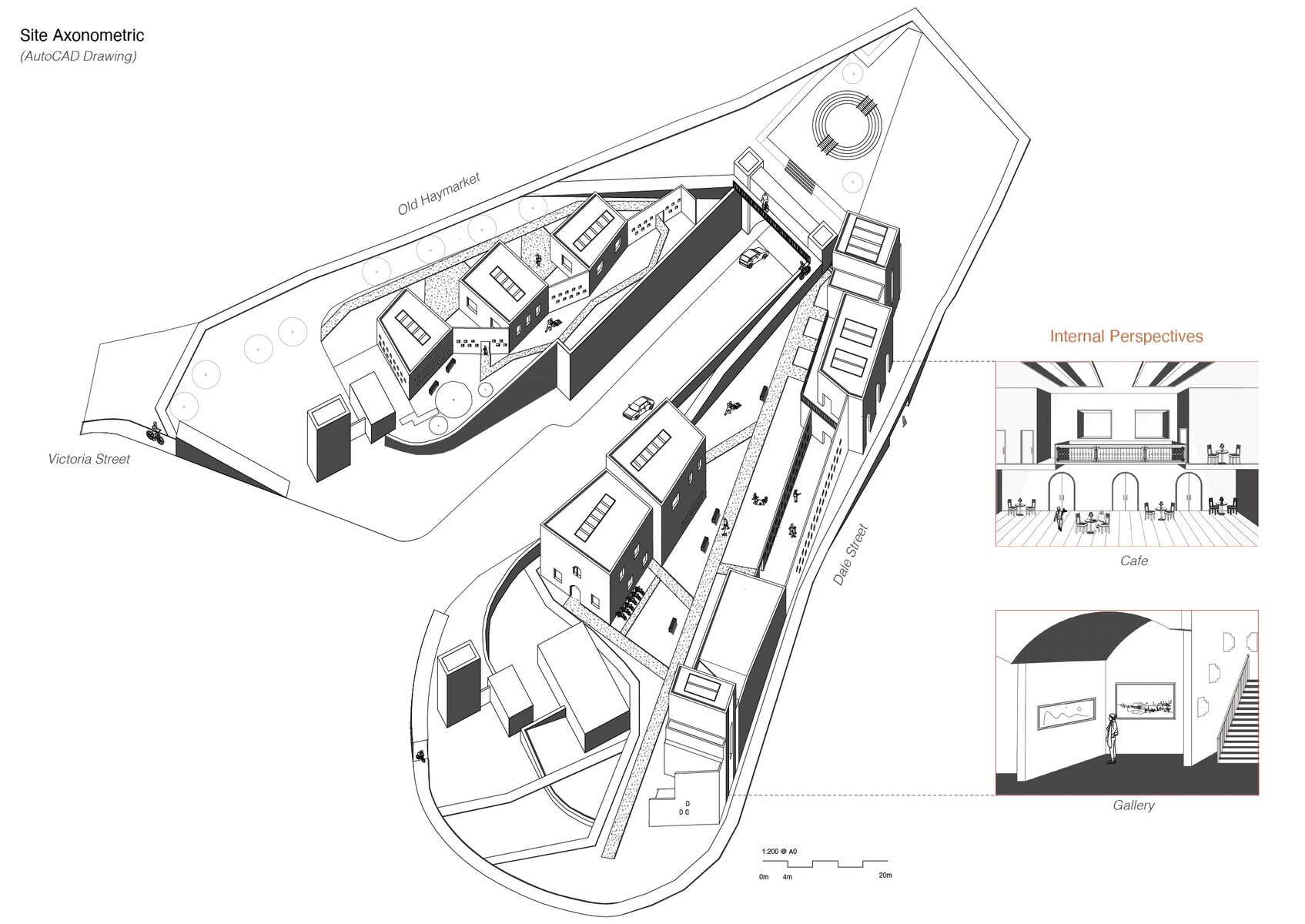


Add a comment